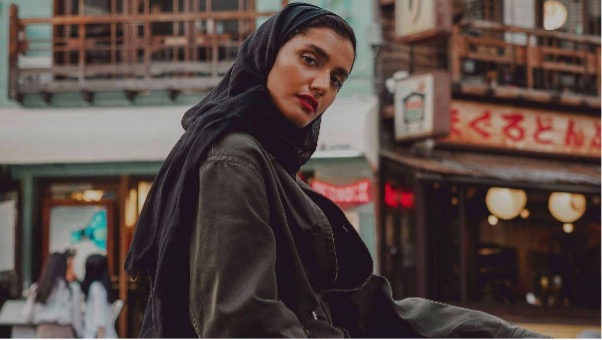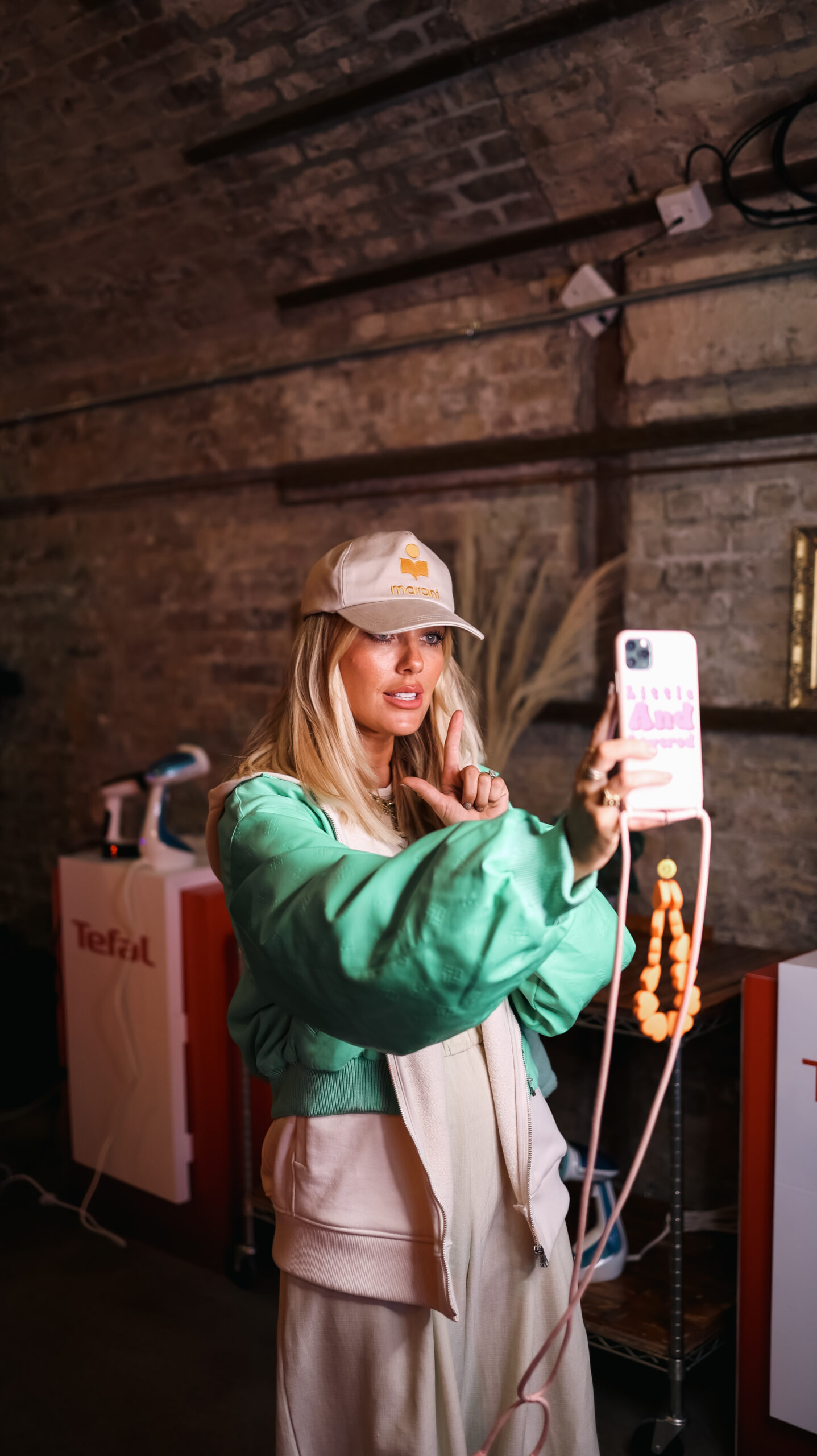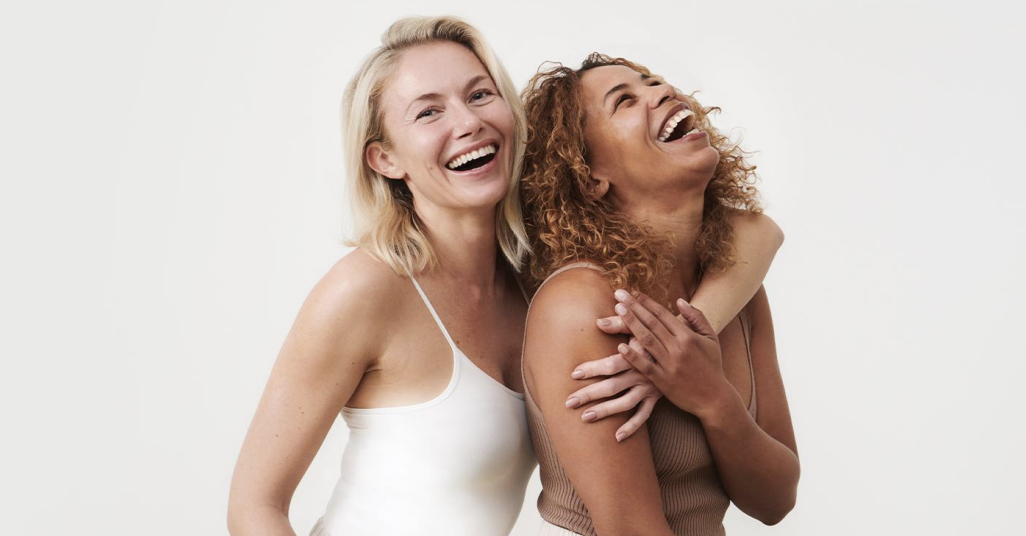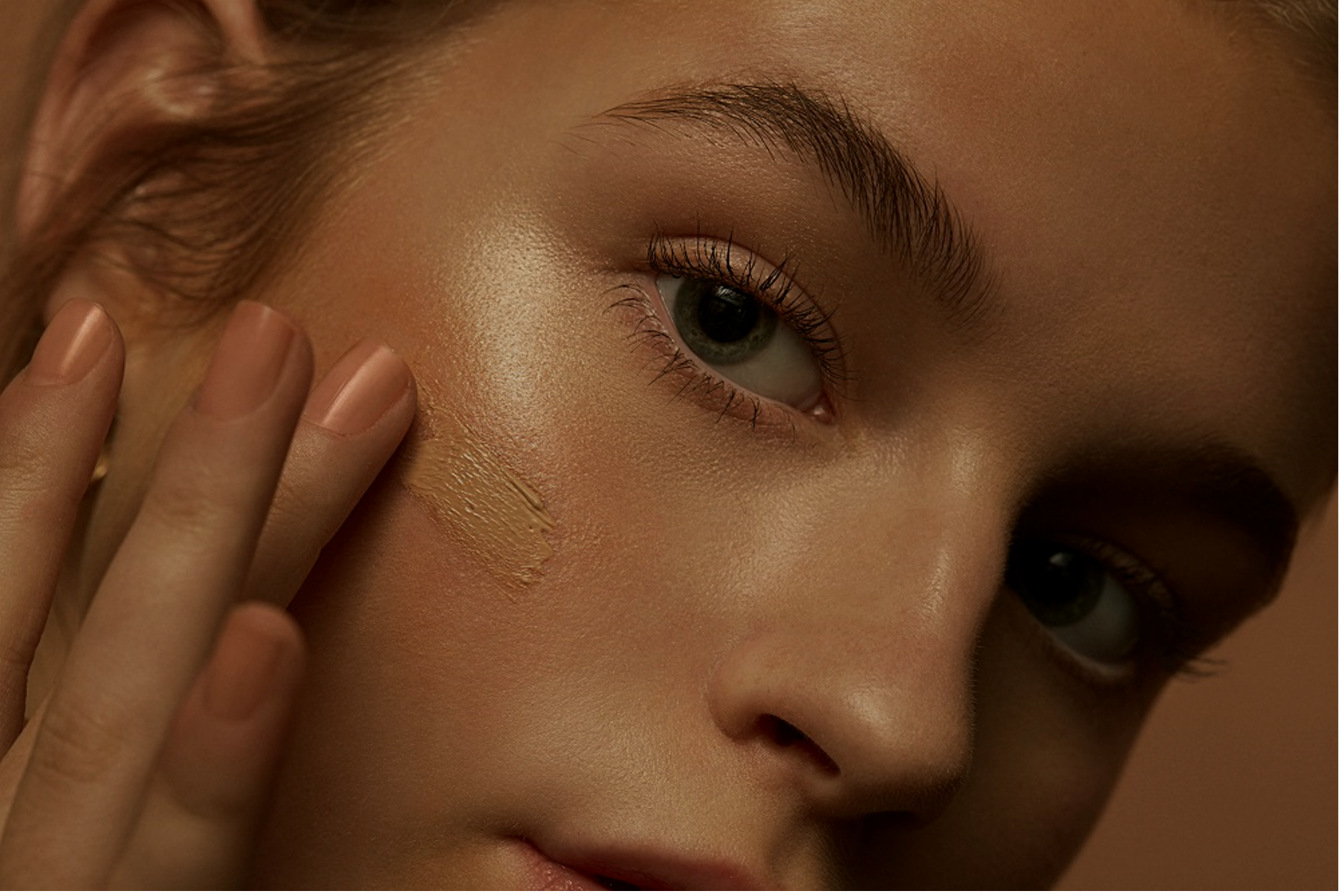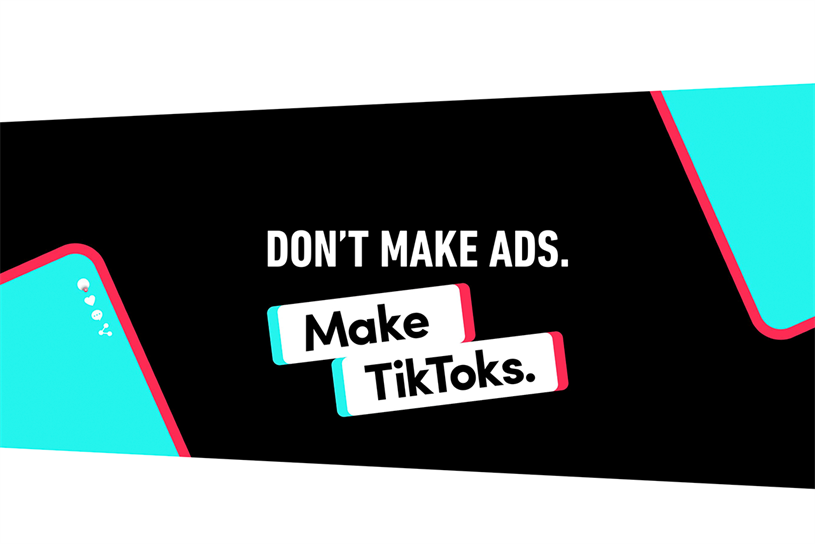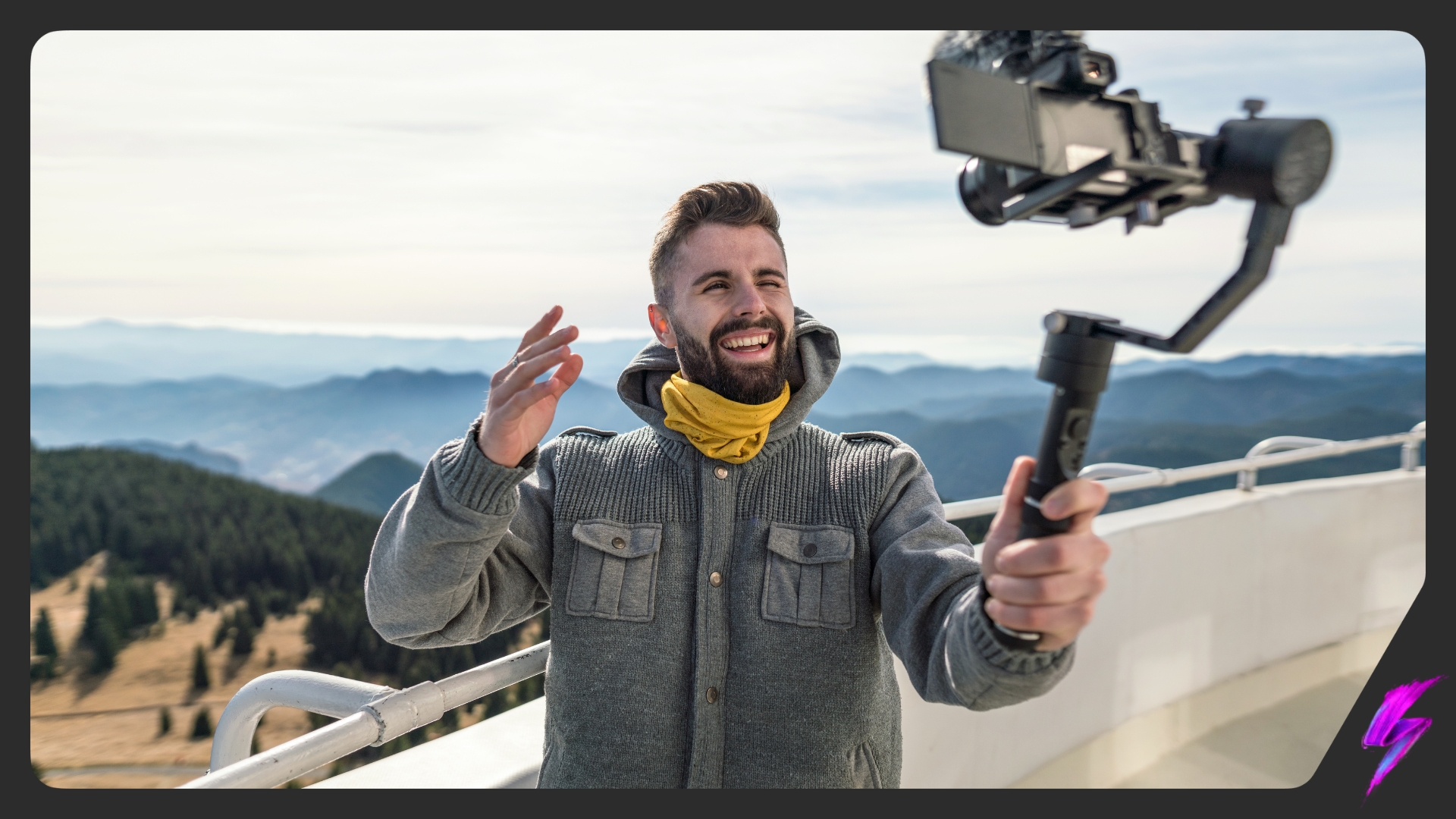Olympic Influencers Are Dominating Socials, But Is Their Fame Sustainable?
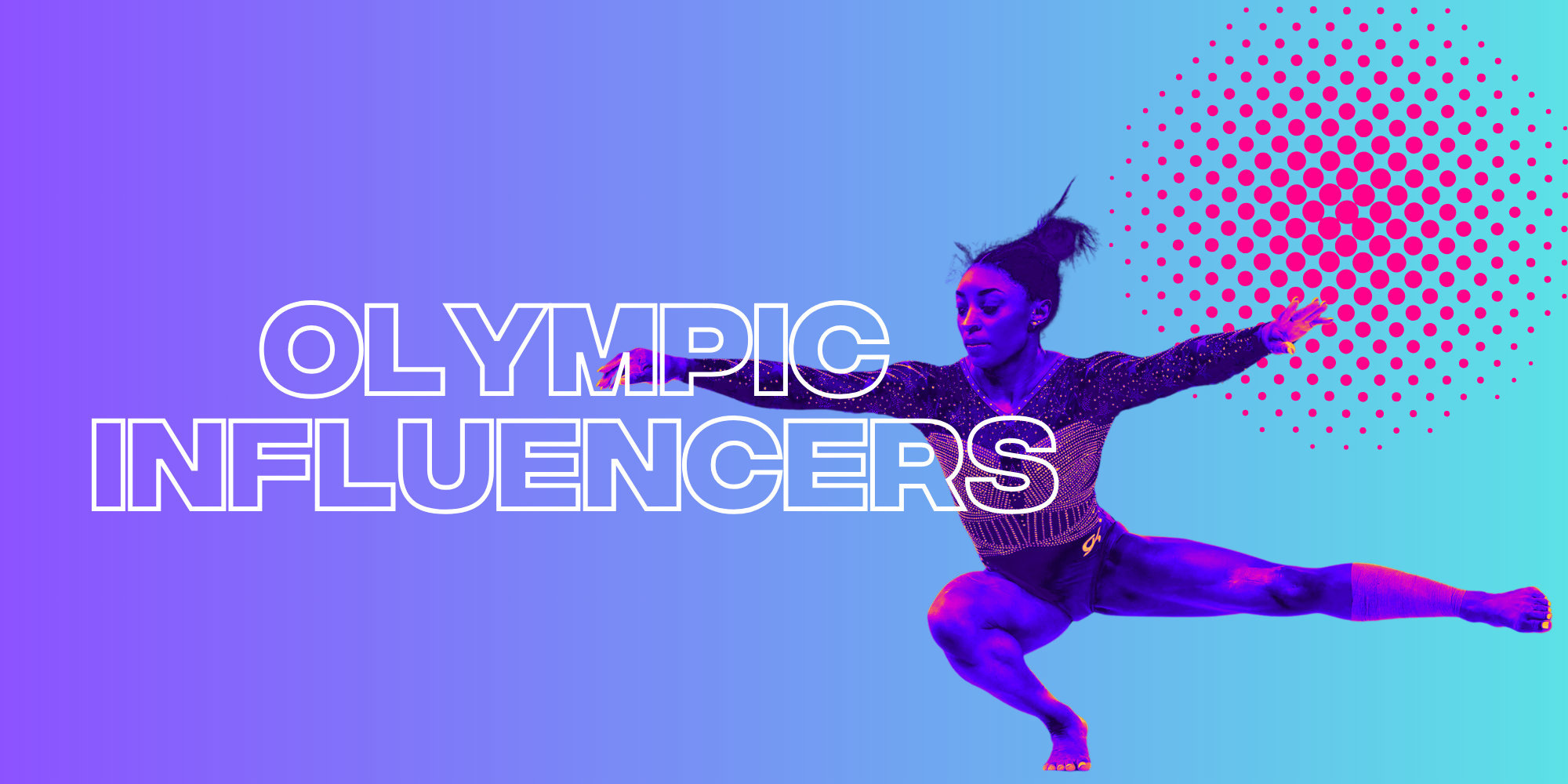


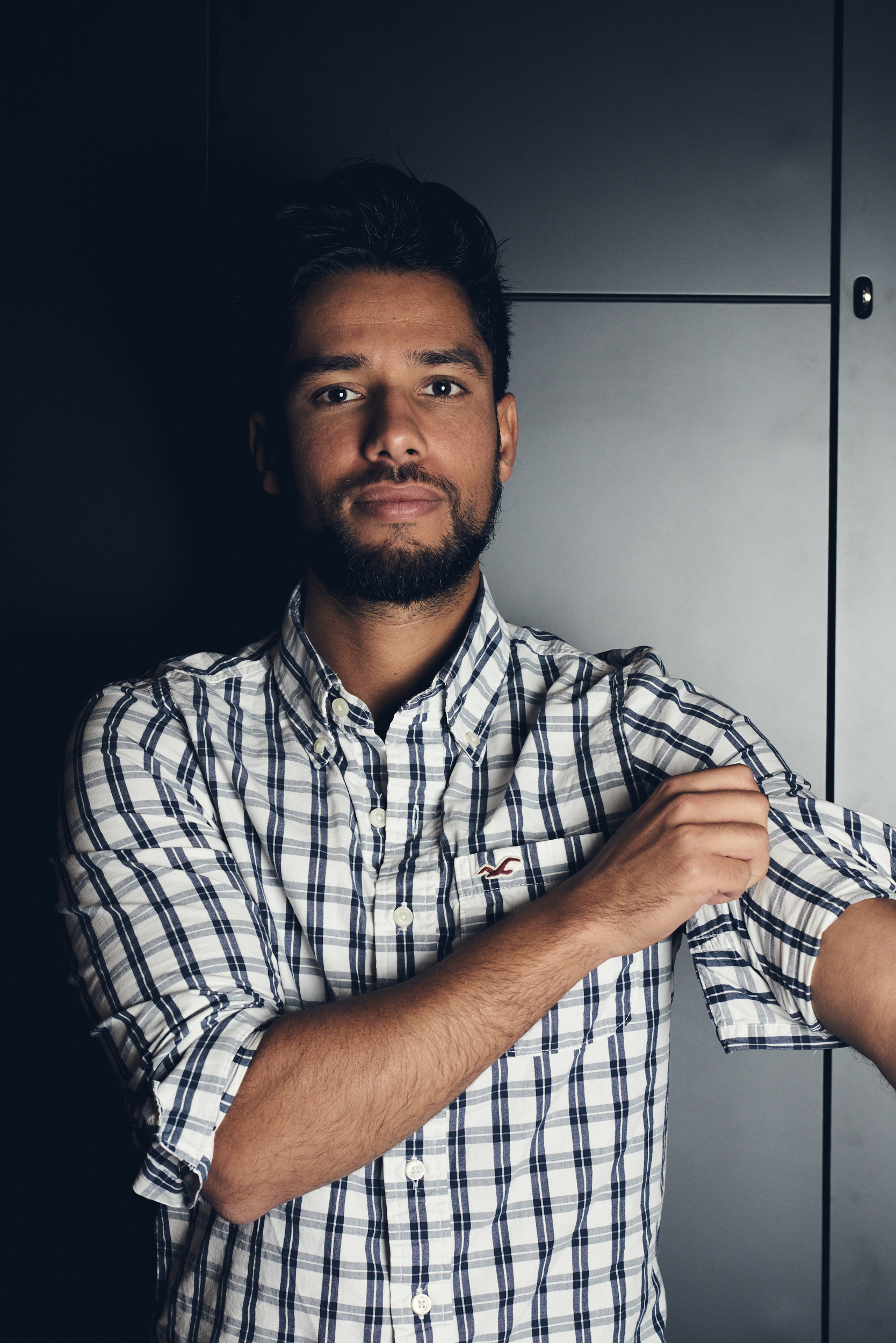

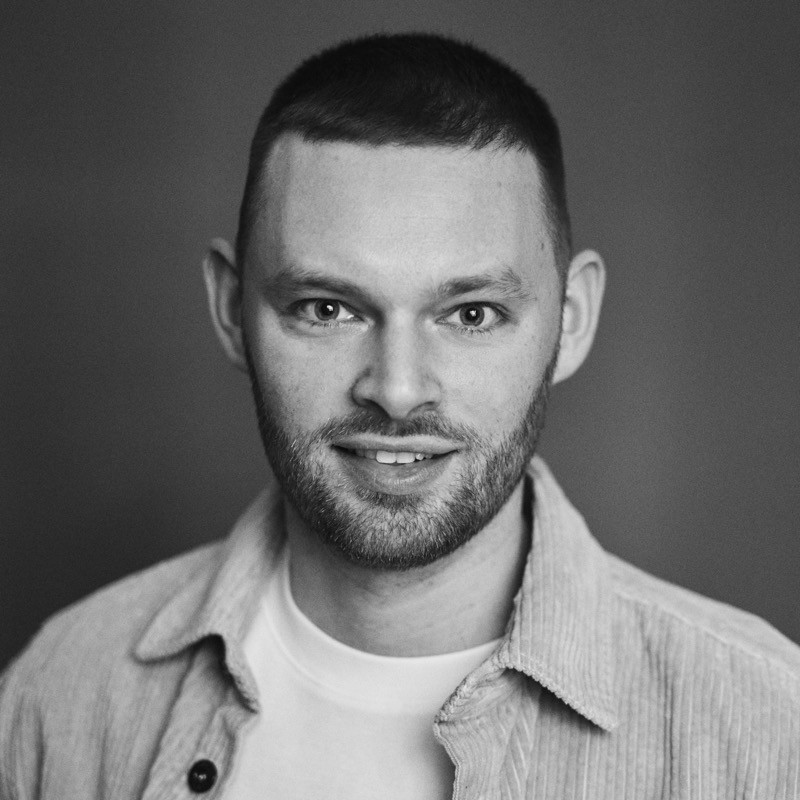

Over the past few weeks, one topic has dominated social media like no other. Olympic influencers.
Once simply a sporting event, the Olympics has had a serious makeover. These days, the event is viewed across the world by generations young and old; from TikTok to BBC iPlayer, the Olympics is no longer merely locked away on live TV.
The Olympics’ new accessibility has led to a new kind of celebrity to emerge; Olympic influencers.
The Tokyo 2020 Olympic games saw the loosening of social media guidelines for participating athletes. As a result, these world-renowned sportspeople quickly took to TikTok to share behind the scenes content with all us ordinary folk stuck at home.
@ilonamaher @Simone Biles my christmas gift @Olympics @Team USA @paris2024
Certain athletes quickly shot to stardom, creating a name for themselves not for their athleticism, but for their quick-wit and humour.
The 2024 Olympics have been no different. TikTok has become full of Olympic athletes casually talking to the camera, joining in on trends, and even creating their own movements.
With brands jumping on board at the drop of a hat, and partnerships with Olympic influencers popping up everywhere, the question remains; is this new found fame sustainable, or, will the spotlight fade on these influencers once the Olympics are over?
@henrikchristians1 I don’t think you guys realize how good this stuff is #fyp #zipline #olympics #paris2024 #olympictiktok #olympicvillage #muffins @Mr.Nicho
OLYMPIC INFLUENCERS: WHAT’S THE SCOOP
The 2024 Olympics saw social media play its biggest role yet, with Olympians and visiting celebrities coming into their own as content creators. Viral moments and influencer-driven campaigns ensured that the 2024 Olympics have set a new standard for the games moving forward.
Celebrities such as Snoop Dogg quickly became the centre of conversation on social media. Following his POV through the Olympics, the games became intertwined with social media and the TikTok trend cycle; rather than a gap between the games and Gen-Z like past years, this young generation was instead driving the conversation about the Olympics.
@equestre_sport Anyone else slightly obsessed with Snoop Dog at the @Olympics 🤩 @Snoop Dogg fancy being an Equestre Sport Brand Ambassador?! 👌🏼😅 . . . . . . . #equestresport #equestrian #horse #horsesofinstagram #horses #equestrianlife #equine #horseriding #dressage #showjumping #pony #pferd #instahorse #horselove #equestrianstyle #horselover #horselife #cheval #love #equestriansofinstagram #riding #horsebackriding #horseofinstagram #equestrianlifestyle #equinephotography #eventing
Outside of celebrities, athletes quickly took control of the Olympic narrative online.
Major names such as Simone Biles and Jordan Chiles took to TikTok to share their experiences with their audiences. From trend based content to behind the scenes looks at what it takes to be an Olympic athlete, users loved this new, humanised insight at Olympians.
Other accounts, such as Tom Daley and Ilona Maher, reached new heights of popularity during the Olympics. Whilst these athletes initially found fame in 2020, the 2024 games grew their following substantially.
Ilona Maher is a particularly stand out example amongst Olympic influencers. The American rugby player star has made a name for herself on social media as a result of her mission to highlight the sexism she and her peers face daily. Maher uses her platform to advocate for women’s rights, and inspire self-love and confidence in her followers.
Maher’s following has grown so large, in fact, that she was recently a guest on Late Night with Seth Meyers. In her interview, Maher touched on her many viral moments during the games, as well as her joy at how many people are getting to understand Women’s Rugby.
@ilonamaher @Simone Biles my christmas gift @Olympics @Team USA @paris2024
Maher is not the only athlete using her new found fame to spark important conversations. Fred Richard has become a notable name both online and on the gymnastics mat as a result of his TikTok – and, of course, athletic prowess.
After initially rising to fame in 2020 via his TikTok account dedicated to gymnastics, Richard’s spot at the 2024 Olympics helped grow his audience even more. For Richard, the internet fame is all about “bringing more Black kids into the sport, bringing more opportunities to people in [his] sport.”
@frederickflips Proof that medal glow up is real😮💨 #olympics #medal #usa #paris @Maria Taylor
Olympics’ distributors have wasted no time on finding a way to benefit from athletes’ new found online fame.
NBC in particular quickly adapted to this new era of the Olympics. In April, the company announced that it would be sending out 27 content creators to the games. These credentialled influencers produced NBC branded content throughout the games, generating online conversation and bringing new, younger viewers to the event.
Snoop Dogg and Alex Cooper (host of immensely popular podcast “Call Her Daddy”) were also enlisted by NBC to provide coverage of the games, wracking up incredibly high amounts of views. On the first Sunday of NBC’s coverage alone, it reported 41.5 million views across its platforms; an unprecedentedly high number.
@simonebilesowens a girls version of GTL, hahahaha hair, nails, wax & lashes for obvious reasons I didn’t film my wax appt & I do my own lashes so there’s that. ❤️ paris olympics
Evidently, the Olympics is in its influencer era. Yet, why now?
More importantly, is it sustainable?
WHERE ARE OLYMPIC INFLUENCERS HEADED?
For modern consumers, nothing will ever be as enticing as authenticity.
Platforms such as TikTok and BeReal shot into stardom as they provided consumers with a genuine, brand free way to enjoy the internet. Yes, these apps have long since left their humble beginnings behind, but at their core they champion a rarity online; authenticity.
The lure of authenticity and originality is what draws users to Olympic athletes such as Ilona Maher and Tom Daley. These athletes take to social media much like you or I would. They have minimal media training, making their content rough, funny, and earnest; thus shooting straight to the hearts of consumers.
More than this, these athletes have an elite, never-before-seen status that is highly appealing to consumers. Prior to Tokyo 2020, the Olympics were a highly secretive event. As such, when the doors opened and suddenly we could see everything from the cardboard beds to what chocolate muffin is the best in the cafeteria, users scrambled to consume as much of the content as they could.
@ilonamaher Moves were made @paris2024 #olympicvilla
It is this combination of authenticity and eliteness that draws consumers into Olympic influencers. Yet, the question remains, for how long will this formula work?
Much like any kind of fame, the creator sustainability of Olympic influencers are questionable. Brands have quickly nabbed up several athletes to monetize their current fame, but whether or not these partnerships will stand the test of time is up for debate.
Ultimately, Olympic influencers such as Fred Richards, Tom Daley, Simone Biles, and Ilona Maher, just to name a few, are sure to enjoy fame for many years to come. Why? Because they use their platforms for good.
These athletes are not simply joining on a trend, or using their TikTok to make up dances. They use their voice to speak out on issues that are important to them, and advocate for those without a voice.
@fathercooper Set the truth free
This is what will ensure they remain household names for some time. Ironically, because they do not want to be influencers, they are far more likely to hold that title.
From a brand perspective, it is these influencers that are far more likely to bring a sustainable profit. They have a more genuine, strong relationship with their fans that is built on an emotional connection.
In the end, the age of Olympic influencers is far from home. Yet, there seems to only be a handful of these athletes whose connection with their audience and personal mission will give them the push needed to stand the test of time.
Others, such as Norwegian Muffin Man, probably will be forgotten about by the year’s end. Sorry Muffin Man!
We'll show you how to start powerful conversation, drive social engagement, build your brand, hit sales targets or meet other goals you have, wherever you are in the world.
Work with us







